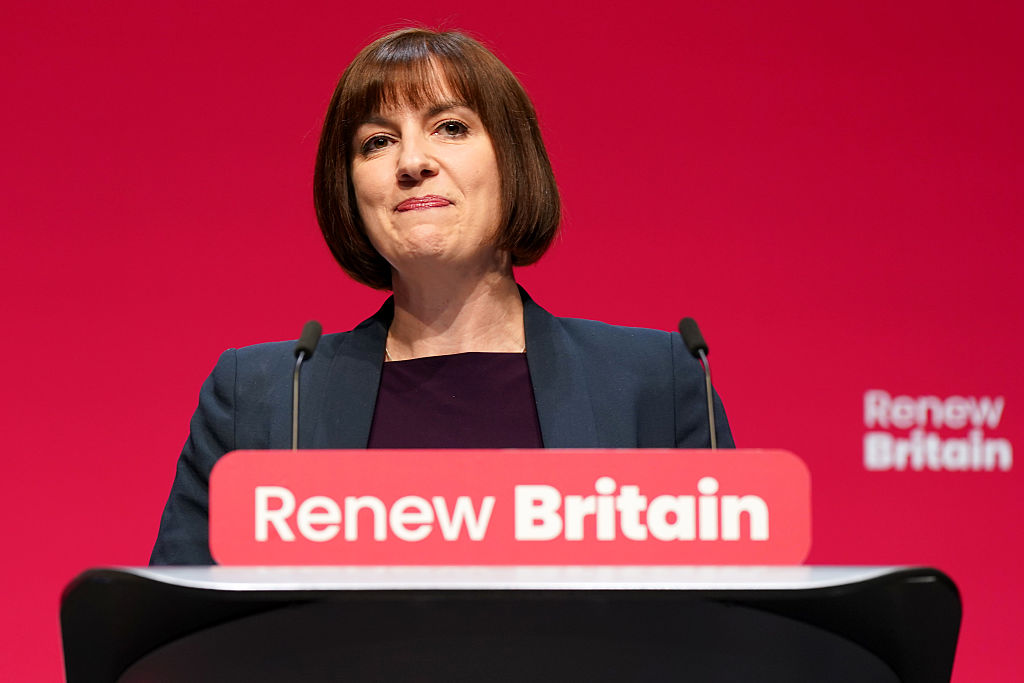Bridget Phillipson: ‘We’ve played a key role behind the scenes’
Israel and Hamas have agreed on a ceasefire, and Israeli troops are withdrawing from parts of Gaza, as Hamas prepares to release the remaining hostages on Monday morning. Later that day, Donald Trump and the Egyptian president Abdel Fatah al-Sisi will chair a peace summit with other leaders, including Keir Starmer. The ceasefire represents a big diplomatic success for President Trump. On Sky News this morning, Trevor Phillips asked Education Secretary Bridget Phillipson what role the UK had played in the negotiations. Phillipson said she recognised ‘the critical role that the American government played’, but suggested the UK was involved in ‘complex matters of diplomacy’. Phillips noted that the US secretary of state Marco Rubio said the UK’s recognition of Palestine had made ceasefire negotiations more difficult. Phillipson said recognising Palestine was ‘the right thing to do’, and her government will always act ‘in that manner’.
Bridget Phillipson: ‘We are clear that China presents threats… and also opportunities’
The government is facing scrutiny over the collapse of a high-profile trial of two men accused of spying for China. The director of public prosecutions Stephen Parkinson has claimed that the case was dropped because prosecutors were not able to get a witness statement from the government stating that China is a threat to national security. Keir Starmer’s national security adviser Jonathan Powell is due to appear before parliament to answer questions on his potential involvement in the case. On the BBC, Laura Kuenssberg noted that the White House has warned the UK over its handling of the matter, and asked Bridget Phillipson for her explanation. Phillipson claimed the government was ‘deeply disappointed’ that the case hadn’t proceeded, and said ministers including Jonathan Powell had ‘no role to play in either the substance of the case or the evidence in question’. The Education Secretary said national security would always take precedence over trading opportunities, and argued that the problems date back to 2023 under the previous government.
Priti Patel: ‘They are an enemy, end of story’
On GB News, Camilla Tominey reminded shadow foreign secretary Priti Patel that David Cameron presided over the ‘Golden Era’ of UK-China relations, and asked Patel whether the Conservatives view China as an enemy. Patel said that China is an enemy, and that the Conservative government had brought forward the National Security Act, and established the National Cyber Security Centre because of threats from China. Patel accused the Labour government of ‘disrupting a judicial process’ because they are ‘too busy bending the knee and kowtowing to China’. She said the UK has always had an economic relationship with China, but it is the government’s job to take measures to ‘keep our country safe’.
Bridget Phillipson: ‘There can be no place for harassment and intimidation’
In May, the education secretary described the rise of anti-Semitism in schools as a ‘national emergency’. Today, Phillipson announced more funding for universities around training for staff and students ‘to tackle this poison of anti-Semitism’. She said she had heard that some Jewish students feel the need to hide their identity, and don’t feel safe on campus. Laura Kuenssberg said that at a certain university, a group of anti-Israel students had compiled a list of Jewish students ‘so they can be marked and harassed’, and asked if the government should have done ‘much more, far earlier’. Phillipson said the training is about to commence, and she has been doing a lot of work ‘both in public and behind the scenes’. She urged anyone with similar instances of anti-Semitism to report them so universities can take disciplinary action.
John Swinney: ‘A referendum is the way in which you’ve got to settle this issue’
The Scottish National party conference has begun in Aberdeen, with SNP members giving their backing to First Minister John Swinney’s strategy to treat a majority election win as a mandate to hold a referendum on independence. Speaking to Swinney, Laura Kuenssberg pointed out that the SNP had the same strategy in the two previous elections, and asked if Swinney was making a promise he knew wouldn’t work. Swinney said that the strategy had worked in 2011, and that over the last two parliamentary terms people had learned of the ‘obstructiveness of the UK government about enabling the people of Scotland to decide their own constitutional future’. He said a referendum was the only way to settle the issue, and that he was working to achieve the majority win.






Comments